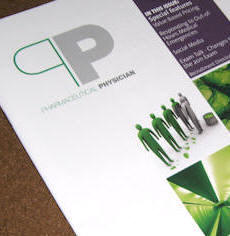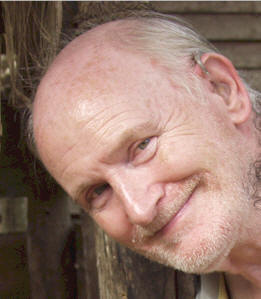

Hugh Gibbons'
references and extra information
PPhunnybone for May 2015
for
pharmaceutical physicians, colleagues and friends

 |
||
|
|
Hugh Gibbons'
references and extra information
|
|
|
PPhunnybonus Home |
PPhunnybones References |
PPhunnies at Work |
PPhood
for Thought |
PPhurther Education: Dip.App.Gelotology |
PPhunnybonus Contact |
|
|
|
||
|
GATHER YE ROSE HIPS Do you suffer from decimophilia?
That is, some people’s spooky belief that numbers ending in 0 are unduly
significant? Of course, at
many a school fayre tombola they are. (And
to make it even quicker to know if you’ve won a bottle or a cuddly toy
numbers, so are tickets ending in 5.)
False positive decimophobia is prevelant, too, even among myth-averse
pharmaceutical physicians.
They get 40th and 50th birthday cards and coyly
feign that life is over.
(Centenarians laugh theirs off.)
English Heritage are this year understandably centenariphilic, what with
Waterloo 1815, Magna Carta 1215 and Agincourt 1415 – and the invasion in
1015 by Cnut (not the first king to realise that evidence-based lessons
in modesty don’t work for courtiers with chronic proctoheliosis.)
But the Siege of Carlisle in 1315?
Am I bovvered?
And then on 8 May there’s the commemoration of 70 years since VE Day –
the end of WWII in Europe. I
can tell you what the original was like, because my parents woke me with
the news. My response was
Good, now I can have a banana (it actually took a further four years for
one to appear).
But there’s cause to celebrate on 8 May every year.
It’s World Red Cross Day – aptly, on the birthday of Henri
Dunant. He was the young
Swiss businessman who witnessed the aftermath of the Battle of Solferino
– and the suffering through the lack of medical treatment.
Wanting to do something, he suggested that an independent organisation
could provide the sort of humanitarian action that he organised in the
town.
With a bit of nudging and pushing, and reversing the Swiss flag, the
International Federation of the Red Cross was born; and in time, the Red
Crescent. They now have tens
of millions of volunteers worldwide. And
Henri was first to be awarded the Nobel Prize for Peace – followed by
the IFRC in 1917, 1944 and 1963.
Interestingly, not far from the BrAPP office is Cranbourne Primary
School – founded in 1709!
This has a warm-hearted Red Cross and WWII story to celebrate.
The Berkshire Record Office in Reading safeguards the Managers’
Minutes. They’re in immaculate copper-plate writing; so in three hundred
years time - when today’s digital records and deskjet ink have long
faded - you’ll still need only the Mark I Eyeball to explore them.
The archives show uplifting glimpses of humanity and generosity of
spirit that schools today emulate.
In the 18 months before VE Day, the pupils raised about £3000 in
today’s money through the nationwide Red Cross Penny a Week appeal.
They brought in over 6000 books and magazines to recycle; and in
Autumn 1943, they gathered 123 pounds of rose hips (a valuable source of
Vitamin C when citrus fruits were as scarce as bananas.)
And they met Henri’s definition of Civilisation: “helping each other, people to people, nation to nation”. Maybe that thought suggests how to measure a life. Rather than ticking achievements off decade by decade, how about counting only the times you aid others?
Discuss, on the way to Carlisle. |
|||

For more information at any time,
contact E-mail: hughgibbons@just1.org.uk
|